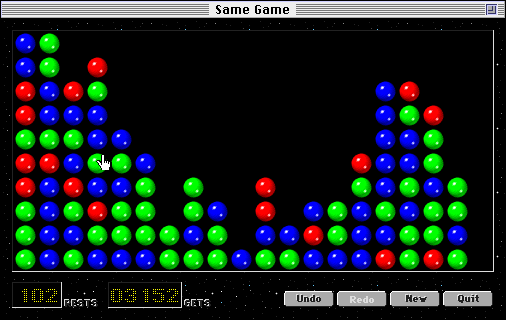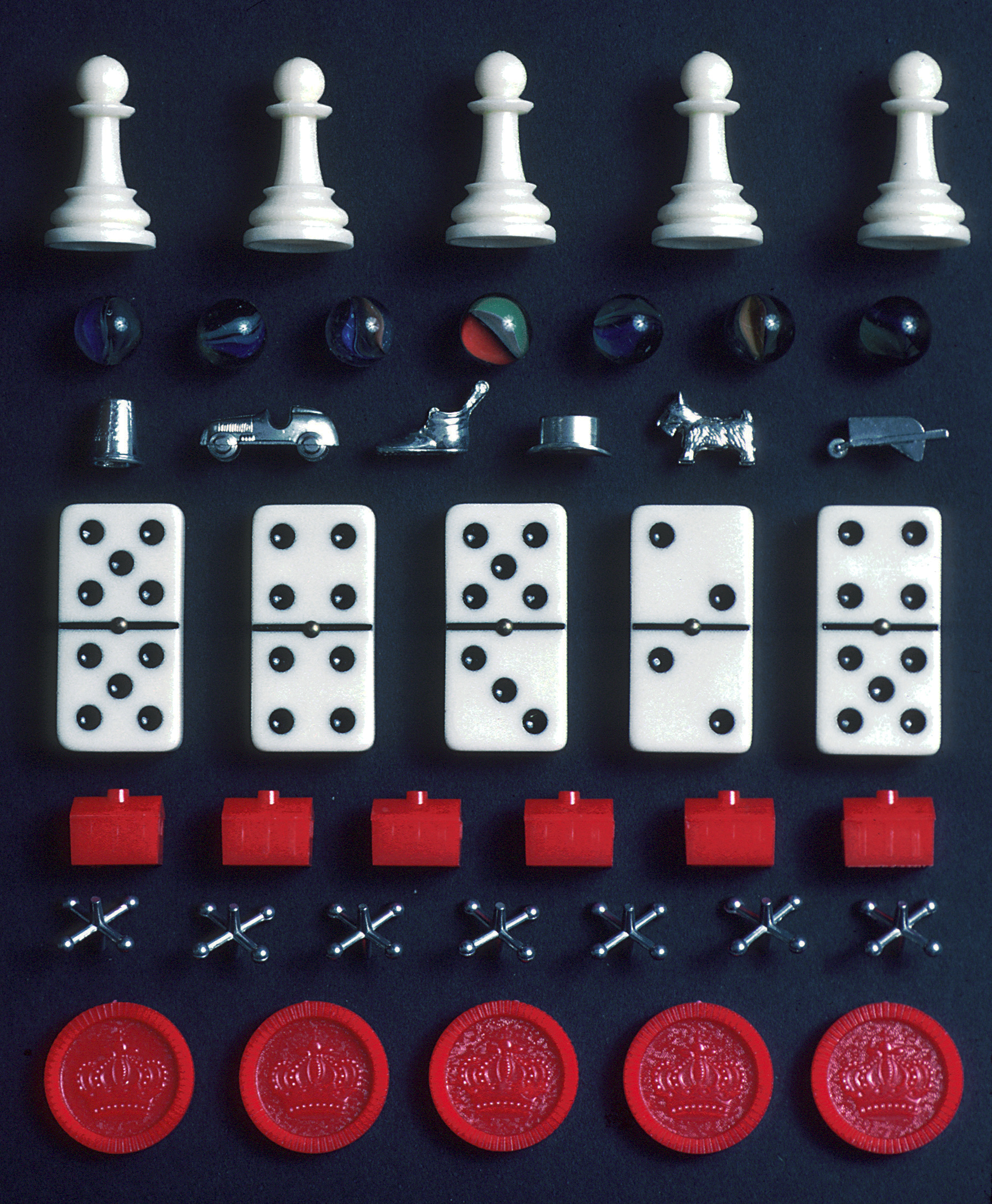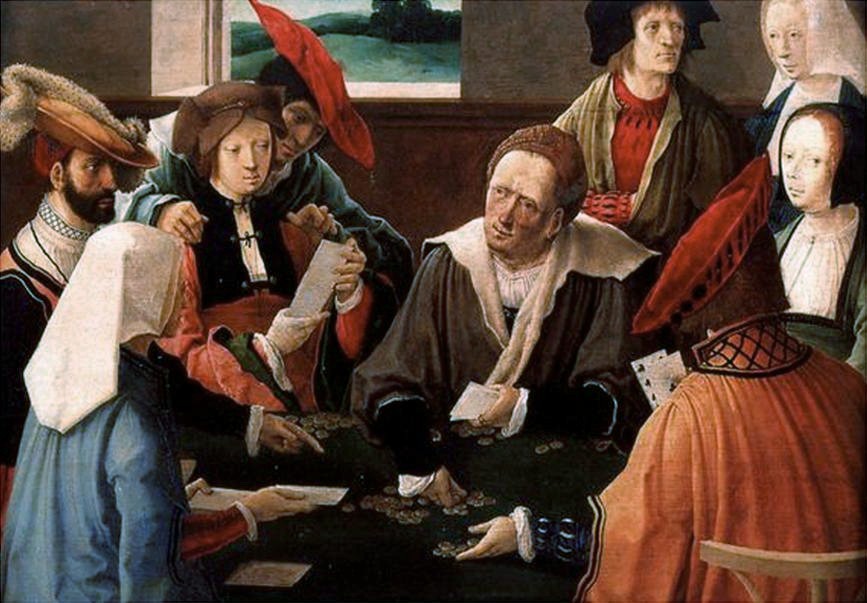|
Columns Crown
is a puzzle game developed by WOW Entertainment and published by Sega for the Game Boy Advance. It is part of the Columns series and was released in Europe on December 7, 2001, in Japan on December 13, 2001, and in North America on February 4, 2002. The game was later re-released twice as part of the ''2 Games in 1'' twin-pack cartridge in Europe, first bundled with '' Sonic Pinball Party'' on November 11, 2005 and then with '' ChuChu Rocket!'' on November 28, 2008. The latter compilation, aside as being the final one released on the system in Europe, was the final game to be released on the Game Boy Advance. The gameplay features falling vertical blocks of three coloured gems, with matching gems being destroyed. There is a basic plot of rescuing the stolen kingdom's crown by winning games. There is a power-up feature, with different potential attack and defence features being possible to use, with most only being available during player-to-player versus games. Reception IGN g ... [...More Info...] [...Related Items...] OR: [Wikipedia] [Google] [Baidu] |
Sega Wow
is a development department within Japanese video game company Sega Corporation that also previously existed as Wow Entertainment and AM1 spent most of its early existence under the leadership of Rikiya Nakagawa and developed a number of arcade games for Sega. In 2000, Sega split its development studios into nine semi-autonomous companies, with AM1 becoming Wow Entertainment. Wow developed games for the Dreamcast and later other consoles as well as arcade games. In 2003, as part of studio consolidations within Sega, Wow was merged with (originally titled and later AM7) and renamed to Sega Wow. Nakagawa resigned a few weeks later after Sammy Corporation acquired a significant amount of shares in Sega. Sega Wow was re-integrated back into the company the next year. Since then, the AM1 division has continued within Sega. History Rikiya Nakagawa joined Sega as a programmer in 1983. Working for Sega's development division, he programmed arcade games including '' Ninja Prince ... [...More Info...] [...Related Items...] OR: [Wikipedia] [Google] [Baidu] |
ChuChu Rocket!
is a 1999 action puzzle game developed by Sonic Team and published by Sega for the Dreamcast. The objective is for the player to place arrows on a board to lead mice into escape rockets while avoiding cats. The game features single-player modes in which a player must save all the mice on a board, and a multiplayer mode in which players battle to collect the most mice. Directed and produced by Yuji Naka, ''ChuChu Rocket!'' was developed to test the Dreamcast's processing power by displaying many characters at once, and also to test the online functionality of the Dreamcast and Sega's servers, as it was the first Dreamcast game designed to make use of online. The knowledge gained from the network portion of the project helped Sonic Team in their development of '' Phantasy Star Online'' (2000). When it arrived in the United States, Sega held an online tournament where players could battle against Sega and Sonic Team employees. In PAL regions, it was given free to subscribers of S ... [...More Info...] [...Related Items...] OR: [Wikipedia] [Google] [Baidu] |
Sega Video Games
is a Japanese video game company and subsidiary of Sega Sammy Holdings headquartered in Tokyo. It produces several List of best-selling video game franchises, multi-million-selling game franchises for arcade game, arcades and video game console, consoles, including ''Sonic the Hedgehog'', ''Angry Birds'', ''Phantasy Star'', ''Puyo Puyo'', ''Super Monkey Ball'', ''Total War (video game series), Total War'', ''Virtua Fighter'', ''Megami Tensei'', ''Sakura Wars'', ''Persona (series), Persona'', ''The House of the Dead'' and ''Yakuza (franchise), Yakuza''. From 1983 until 2001, Sega also developed List of Sega video game consoles, its own consoles. Sega was founded by Martin Bromley and Richard Stewart in Hawaii as on June 3, 1960. Shortly after, it acquired the assets of its predecessor, Service Games of Japan. In 1965, it became known as Sega Enterprises, Ltd., after acquiring Rosen Enterprises, an importer of Arcade game, coin-operated games. Sega developed its first coin-op ... [...More Info...] [...Related Items...] OR: [Wikipedia] [Google] [Baidu] |
Puzzle Video Games
Puzzle video games make up a broad genre of video games that emphasize puzzle solving. The types of puzzles can test problem-solving skills, including logic, pattern recognition, Sequence, sequence solving, Spatial ability, spatial recognition, and word completion. Many puzzle games involve a real-time element and require quick thinking, such as ''Tetris'' (1985) and ''Lemmings (video game), Lemmings'' (1991). History Puzzle video games owe their origins to brain teasers and puzzles throughout human history. The mathematical strategy game Nim, and other traditional thinking games such as Hangman (game), Hangman and Bulls and Cows (commercialized as ''Mastermind (board game), Mastermind''), were popular targets for computer implementation. In Universal Entertainment's ''Space Panic'', released in arcades in 1980, the player digs holes in platforms to trap creatures. It is a precursor to puzzle-platform games such as ''Lode Runner'' (1983), ''Door Door'' (1983), and ''Doki Dok ... [...More Info...] [...Related Items...] OR: [Wikipedia] [Google] [Baidu] |
Game Boy Advance-only Games
A game is a structured type of play usually undertaken for entertainment or fun, and sometimes used as an educational tool. Many games are also considered to be work (such as professional players of spectator sports or video games) or art (such as games involving an artistic layout such as mahjong, solitaire, or some video games). Games have a wide range of occasions, reflecting both the generality of its concept and the variety of its play. Games are sometimes played purely for enjoyment, sometimes for achievement or reward as well. They can be played alone, in teams, or online; by amateurs or by professionals. The players may have an audience of non-players, such as when people are entertained by watching a chess championship. On the other hand, players in a game may constitute their own audience as they take their turn to play. Often, part of the entertainment for children playing a game is deciding who is part of their audience and who participates as a player. A toy and ... [...More Info...] [...Related Items...] OR: [Wikipedia] [Google] [Baidu] |
Game Boy Advance Games
A game is a structured type of play usually undertaken for entertainment or fun, and sometimes used as an educational tool. Many games are also considered to be work (such as professional players of spectator sports or video games) or art (such as games involving an artistic layout such as mahjong, solitaire, or some video games). Games have a wide range of occasions, reflecting both the generality of its concept and the variety of its play. Games are sometimes played purely for enjoyment, sometimes for achievement or reward as well. They can be played alone, in teams, or online; by amateurs or by professionals. The players may have an audience of non-players, such as when people are entertained by watching a chess championship. On the other hand, players in a game may constitute their own audience as they take their turn to play. Often, part of the entertainment for children playing a game is deciding who is part of their audience and who participates as a player. A ... [...More Info...] [...Related Items...] OR: [Wikipedia] [Google] [Baidu] |
2001 Video Games
1 (one, unit, unity) is a number, numeral, and glyph. It is the first and smallest positive integer of the infinite sequence of natural numbers. This fundamental property has led to its unique uses in other fields, ranging from science to sports, where it commonly denotes the first, leading, or top thing in a group. 1 is the unit of counting or measurement, a determiner for singular nouns, and a gender-neutral pronoun. Historically, the representation of 1 evolved from ancient Sumerian and Babylonian symbols to the modern Arabic numeral. In mathematics, 1 is the multiplicative identity, meaning that any number multiplied by 1 equals the same number. 1 is by convention not considered a prime number. In digital technology, 1 represents the "on" state in binary code, the foundation of computing. Philosophically, 1 symbolizes the ultimate reality or source of existence in various traditions. In mathematics The number 1 is the first natural number after 0. Each natural numbe ... [...More Info...] [...Related Items...] OR: [Wikipedia] [Google] [Baidu] |
MobyGames
MobyGames is a commercial website that catalogs information on video game A video game or computer game is an electronic game that involves interaction with a user interface or input device (such as a joystick, game controller, controller, computer keyboard, keyboard, or motion sensing device) to generate visual fe ...s and the people and companies behind them via crowdsourcing. This includes nearly 300,000 games for hundreds of platforms. The site is supported by banner ads and a small number of people paying to become patrons. Founded in 1999, ownership of the site has changed hands several times. It has been owned by Atari SA since 2022. Site features Edits and submissions go through a leisurely verification process by volunteer "approvers". This can range from immediate (minutes) to gradual (days or months). The most commonly used sources are the video game's website, packaging, and credit screens. There is a published standard for game information and copyediting. ... [...More Info...] [...Related Items...] OR: [Wikipedia] [Google] [Baidu] |
Sonic Pinball Party
is a video game released for the Game Boy Advance in 2003. It is a celebration of sorts for Sonic Team featuring many references to its previous games, mostly prominently ''Sonic the Hedgehog'', '' Nights into Dreams'', and '' Samba De Amigo''. There was also a release on a Twin Pack cartridge bundled with '' Sonic Battle'' and '' Sonic Advance'' respectively in 2005. Plot The story is set in Casinopolis (in Station Square), where Doctor Eggman turns the people gambling into robots, and brainwashes Miles "Tails" Prower and Amy Rose. Sonic must rescue his friends by winning a pinball tournament called the "Egg Cup Tournament." Gameplay ''Sonic Pinball Party'' is a pinball video game with the objective being to earn as many points as possible. During both the Story and Arcade Modes of the game, the player starts each match with three pinballs, each one shot onto the playfield from the plunger. When the pinball rolls into the hole on the bottom of the table, the player loses a ba ... [...More Info...] [...Related Items...] OR: [Wikipedia] [Google] [Baidu] |
GameSpot
''GameSpot'' is an American video gaming website that provides news, reviews, previews, downloads, and other information on video games. The site was launched on May 1, 1996, created by Pete Deemer, Vince Broady, and Jon Epstein. In addition to the information produced by ''GameSpot'' staff, the site also allows users to write their own reviews, blogs, and post on the site's forums. It has been owned by Fandom, Inc. since October 2022. In 2004, ''GameSpot'' won "Best Gaming Website" as chosen by the viewers in Spike TV's second ''Video Game Award Show'', and has won Webby Awards several times. The domain ''GameSpot.com'' attracted at least 60 million visitors annually by October 2008 according to a Compete.com study. History In January 1996, Pete Deemer, Vince Broady, and Jon Epstein quit their positions at IDG and founded SpotMedia Communications. SpotMedia then launched ''GameSpot'' on May 1, 1996. Originally, ''GameSpot'' focused solely on personal computer games, so ... [...More Info...] [...Related Items...] OR: [Wikipedia] [Google] [Baidu] |
WOW Entertainment
is a development department within Japanese video game company Sega Corporation that also previously existed as Wow Entertainment and AM1 spent most of its early existence under the leadership of Rikiya Nakagawa and developed a number of arcade games for Sega. In 2000, Sega split its development studios into nine semi-autonomous companies, with AM1 becoming Wow Entertainment. Wow developed games for the Dreamcast and later other consoles as well as arcade games. In 2003, as part of studio consolidations within Sega, Wow was merged with (originally titled and later AM7) and renamed to Sega Wow. Nakagawa resigned a few weeks later after Sammy Corporation acquired a significant amount of shares in Sega. Sega Wow was re-integrated back into the company the next year. Since then, the AM1 division has continued within Sega. History Rikiya Nakagawa joined Sega as a programmer in 1983. Working for Sega's development division, he programmed arcade games including ''Ninja Princess' ... [...More Info...] [...Related Items...] OR: [Wikipedia] [Google] [Baidu] |
Puzzle Game
A puzzle is a game, problem, or toy that tests a person's ingenuity or knowledge. In a puzzle, the solver is expected to put pieces together ( or take them apart) in a logical way, in order to find the solution of the puzzle. There are different genres of puzzles, such as crossword puzzles, word-search puzzles, number puzzles, relational puzzles, and logic puzzles. The academic study of puzzles is called enigmatology. Puzzles are often created to be a form of entertainment but they can also arise from serious mathematical or logical problems. In such cases, their solution may be a significant contribution to mathematical research. Etymology The ''Oxford English Dictionary'' dates the word ''puzzle'' (as a verb) to the 16th century. Its earliest use documented in the ''OED'' was in a book titled ''The Voyage of Robert Dudley...to the West Indies, 1594–95, narrated by Capt. Wyatt, by himself, and by Abram Kendall, master'' (published circa 1595). The word later came to be us ... [...More Info...] [...Related Items...] OR: [Wikipedia] [Google] [Baidu] |





